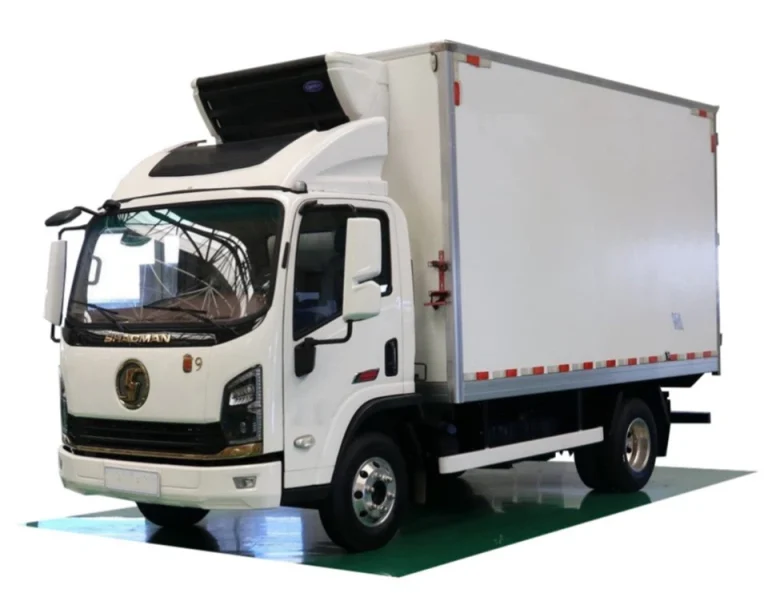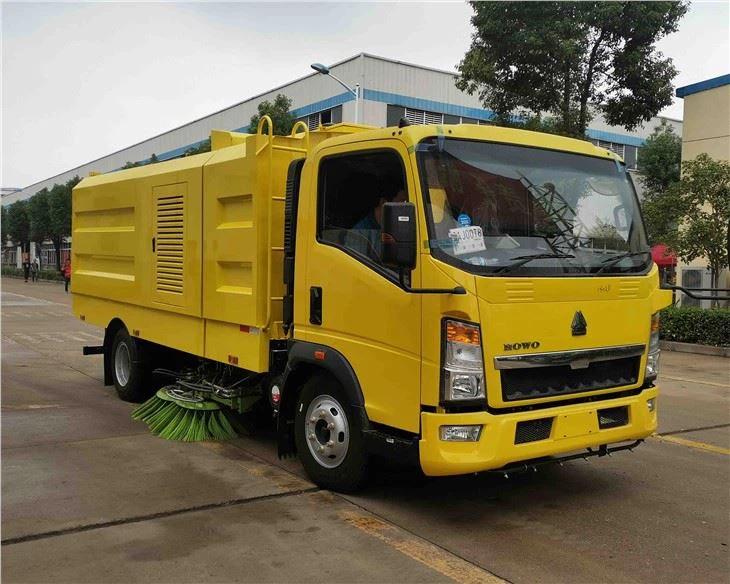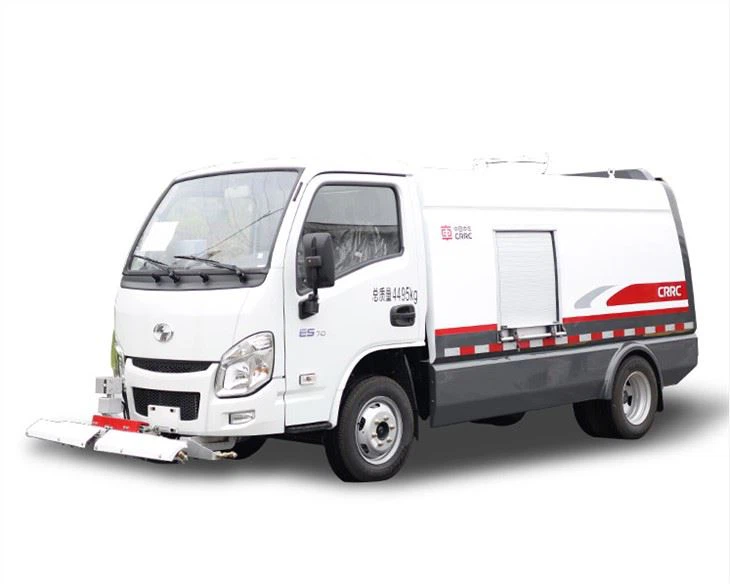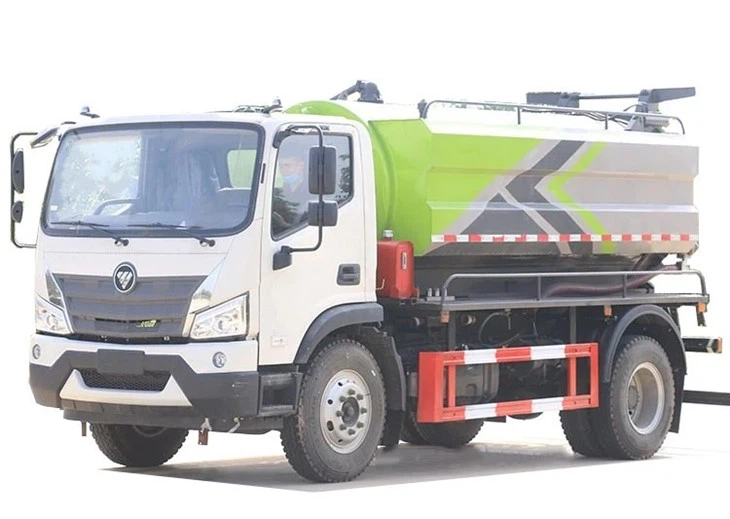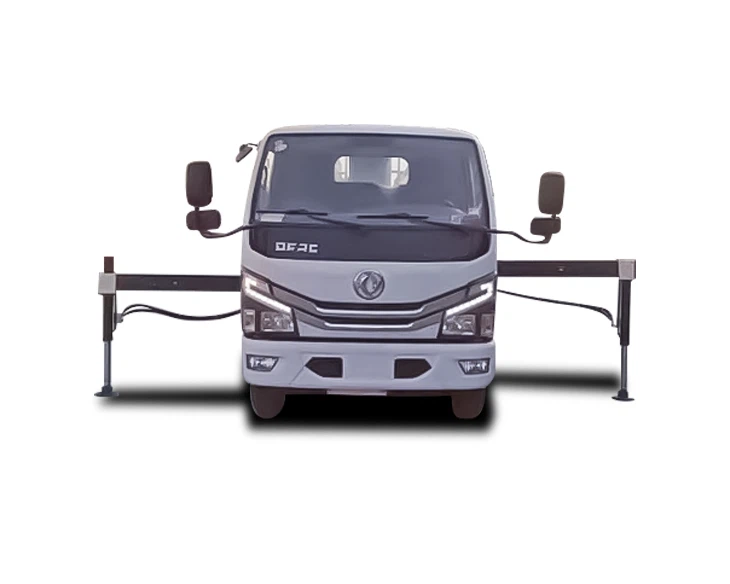When searching for the perfect truck chassis for sale, numerous factors come into play. The right chassis can significantly impact performance, durability, and cost-effectiveness for your business or personal use. With various options available on the market today, understanding what distinguishes one chassis from another is crucial. This comprehensive guide will delve into everything you need to know about truck chassis, from types and specifications to purchasing options, practical considerations, and frequently asked questions.
Understanding Truck Chassis
A truck chassis serves as the foundation of the vehicle, supporting everything from the engine to the cargo area. It’s crucial to choose the right chassis, as it will dictate the truck’s handling, load capacity, and overall functionality. Let’s examine the anatomy of a truck chassis.
Components of a Truck Chassis
- Frame: The structural part that supports the vehicle’s weight and stores the components.
- Suspension: This system absorbs shocks and provides stability, enhancing ride quality.
- Axles: Critical for transferring power to the wheels and allowing for load distribution.
- Brakes: Essential for stopping the vehicle safely, available in different configurations.
- Engine Mounts: These fix the engine securely to the chassis, ensuring proper alignment and operation.
Types of Truck Chassis
Different kinds of truck chassis cater to various needs. Familiarizing yourself with these options can aid in making a more informed purchase.
1. Conventional Chassis
Conventional chassis are widely used and feature a front engine layout with a separate cab and cargo area. They’re ideal for larger vehicles and often provide better weight distribution.
2. Cabover Chassis
These chassis have an integrated cab design, where the driver sits above the engine. This layout enhances visibility and maneuverability, making it suitable for urban environments.
3. Flatbed Chassis
Flatbed chassis have a flat cargo area without sides or a roof, allowing easy loading and unloading of various materials, from construction supplies to heavy machinery.
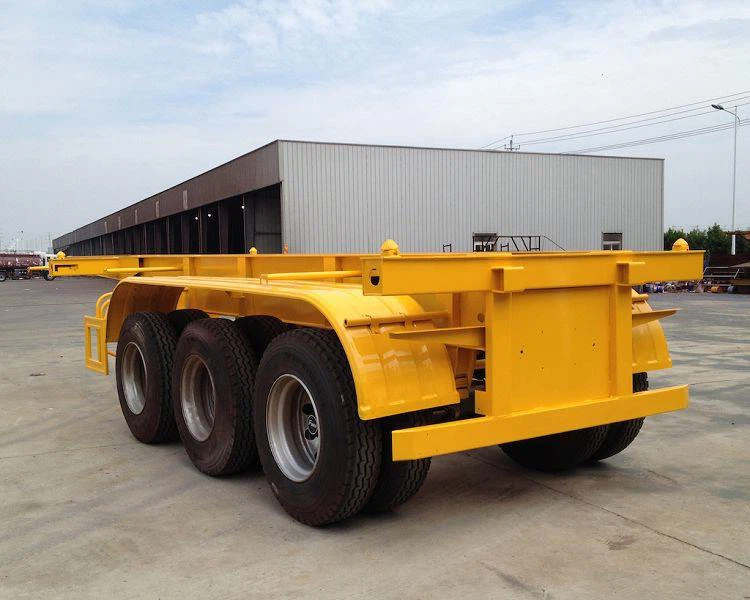
4. Box Chassis
Designed specifically for transporting goods, box chassis come equipped with a boxy structure for increased storage capacity. They’re frequently used for delivery services.
Key Specifications to Consider
Understanding the specs of a truck chassis will help you determine which model is suitable for your needs.
Weight Capacity
The weight capacity is crucial for operational efficiency. The Gross Vehicle Weight Rating (GVWR) indicates the maximum safe weight a truck can carry, including its own weight.
Dimensions
Knowing the dimensions of the chassis is essential, as it dictates compatibility with certain cargo sizes and types. Consider the length, width, and height, along with the wheelbase.
Engine Type
Different engine types, such as gasoline or diesel, can affect the performance and efficiency of the chassis. Diesel engines typically offer better torque and fuel economy, especially for heavy-duty tasks.
Finding Truck Chassis for Sale
When searching for truck chassis for sale, the approach you take can significantly impact your results. Below are various avenues to consider.
1. Online Marketplaces
Numerous online platforms specialize in truck sales, including chassis. Popular options include:
| Website | Description |
|---|---|
| TruckPaper.com | A leading site for buying and selling trucks and parts, including chassis. |
| eBay Motors | An auction platform where you can find a variety of truck chassis. |
| CommercialTruckTrader.com | A marketplace specifically for commercial vehicles, offering comprehensive listings. |
2. Dealerships
Local dealerships often carry new and used truck chassis. Visiting these locations allows for hands-on inspections and discussions with knowledgeable sales staff.
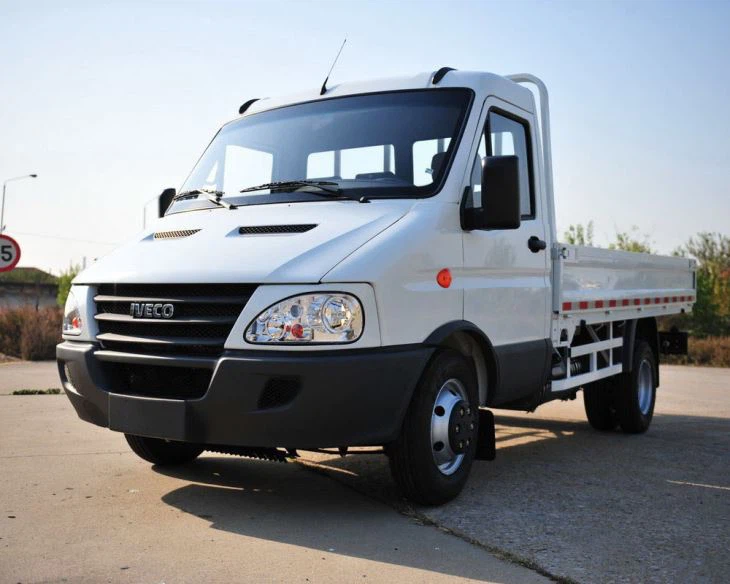
3. Auctions
Government auctions or private auctions can yield valuable deals on truck chassis, often below market price. However, attending these requires thorough research.
4. Classified Ads
Local newspapers and online classified services like Craigslist may contain listings for truck chassis for sale, often at more competitive prices than dealerships.
Practical Tips for Buying a Truck Chassis
Purchasing a truck chassis can be a significant investment. Here are several tips to ensure you make a sound decision:
1. Research Your Needs
Understand what you’ll use the truck for. Different jobs may require varying chassis specifications, such as payload capacity, engine type, and chassis length.
2. Inspect Before Buying
Always perform a comprehensive inspection. Check for any signs of rust, wear on the suspension, and overall frame integrity. If possible, take a trusted mechanic along for their insights.
3. Compare Prices
Don’t settle for the first option. By comparing prices from various sources, you get a better sense of the market and can negotiate effectively.
4. Consider Financing Options
If purchasing a new chassis, explore financing options. Many dealerships offer flexible payment plans that can ease the financial burden.
Maintenance Tips for Truck Chassis
Once you’ve secured your truck chassis, maintaining it is essential for longevity and performance. Here are some maintenance tips:
1. Regular Inspections
Perform routine inspections to catch any potential issues early on. Pay attention to brake wear, suspension wear, and the frame’s integrity.
2. Proper Weight Distribution
Ensure that loads are distributed evenly across the chassis to prevent undue stress on specific areas, which can lead to catastrophic failure.
3. Keep it Clean
Cleansing the chassis, particularly after transporting materials, can prevent rust and premature wear. Regular washes help maintain its appearance and performance.
Frequently Asked Questions
1. What is the average price range for truck chassis?
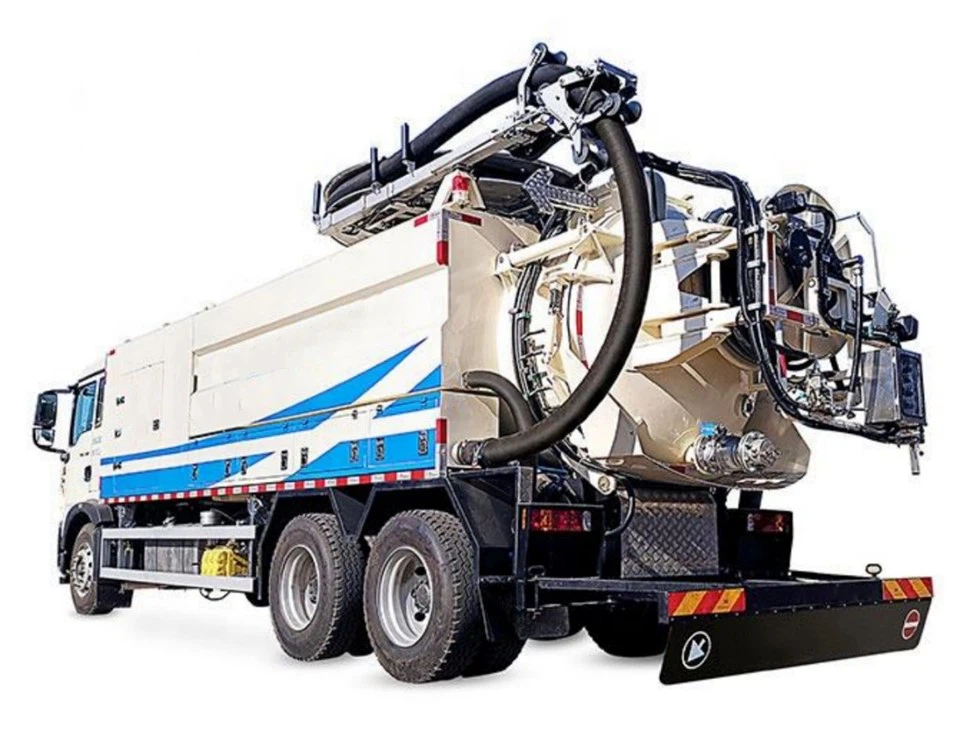
The price for truck chassis can vary widely based on factors such as age, condition, and specifications. On average, you can expect to pay between $5,000 and $50,000.
2. Can I customize a truck chassis?
Absolutely! Many manufacturers and aftermarket companies offer customization options, allowing you to add specific features suitable for your needs.
3. How do I know what size chassis I need?
Consider your cargo requirements and the weight capacity you need. Layouts that accommodate the type of goods you transport will help in selecting the appropriate size.
4. Is it better to buy new or used truck chassis?
It depends on your budget and requirements. New chassis offer the latest technology and warranties, whereas used chassis can be significantly cheaper.
5. How often should I maintain my chassis?
Regular maintenance checks should be performed every few months, alongside routine oil changes and inspections of wear components.
6. Where can I find parts for my truck chassis?
Parts for truck chassis can be sourced from dealerships, specialized truck parts retailers, or online marketplaces such as eBay and Amazon.

